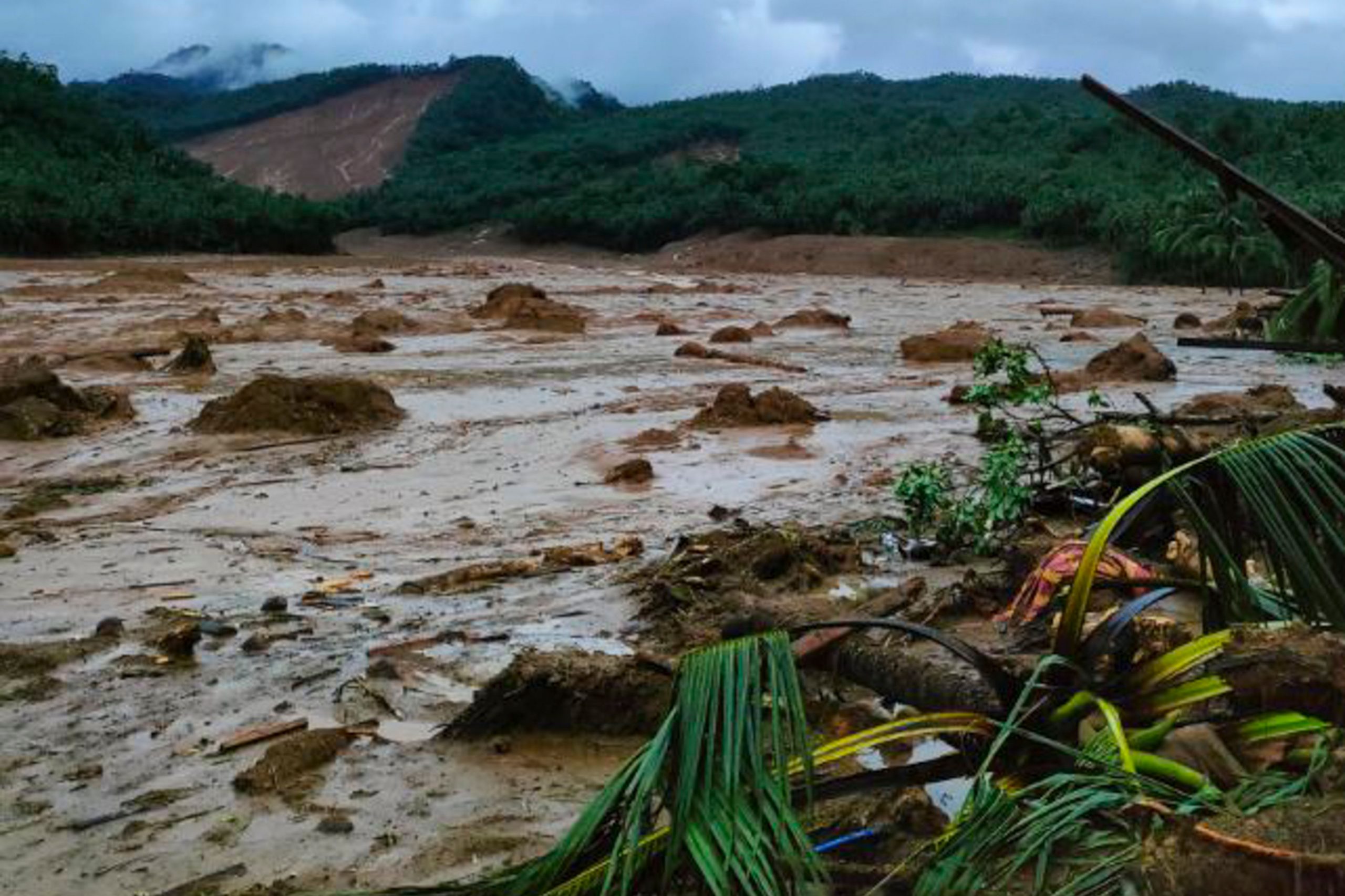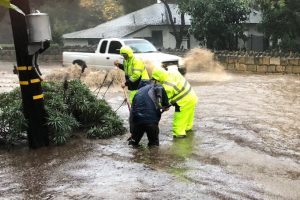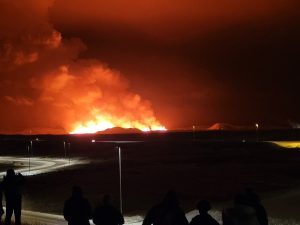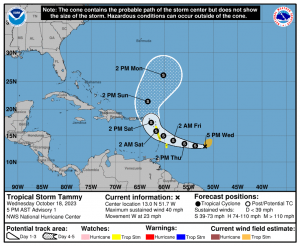Philippines emergency services were left overwhelmed over the weekend as the country reported over 200 floods in central and southern provinces. At least 25 people have been killed so far in the floods, which also triggered landslides.
More than 30,000 families in the Philippines were displaced due to the floods and landslides and were forced to take refuge in the emergency shelters.
Also Read: ‘Scared to death’ residents flee volcanic Portugal island hit by 14,000 quakes in a week
The tropical storm that hit the Philippines over the weekend is expected to weaken to 45 kmph and move back out over the sea on Tuesday, according to reports from CNN citing the state weather bureau.
Baybay city in central Leyte province was at the centre of destruction on Sunday, where at least 22 people died in four villages due to flood-induced landslides. At least six other people were reported missing in the landslides and a search was underway, according to city police chief Lt. Col. Joemen Collado.
Also Read: Landslide at Myanmar jade mining site kills at least 15
Three other storm-related deaths were reported by the government’s main disaster-response agency in the southern provinces of Davao de Oro and Davao Oriental, Associated Press reported.
Coast guard, police and firefighters rescued some villagers in flooded communities, including some who were trapped on their roofs.
In central Cebu city, schools and work were suspended Monday and Mayor Michael Rama declared a state of calamity to allow the rapid release of emergency funds.
Also See: In Pics | Tornado rips through New Orleans suburbs leaving trail of destruction
Are such climate-related disasters common in the Philippines?
Philippines, often tagged as a disaster-prone nation in South Asia, is located in the “Ring of Fire” in the Pacific Ocean, where many of the world’s volcanic eruptions and earthquakes occur.
At least 20 storms and typhoons batter the Philippines each year, mostly during the rainy season that begins around June. Some storms have hit even during the scorching summer months in recent years.







